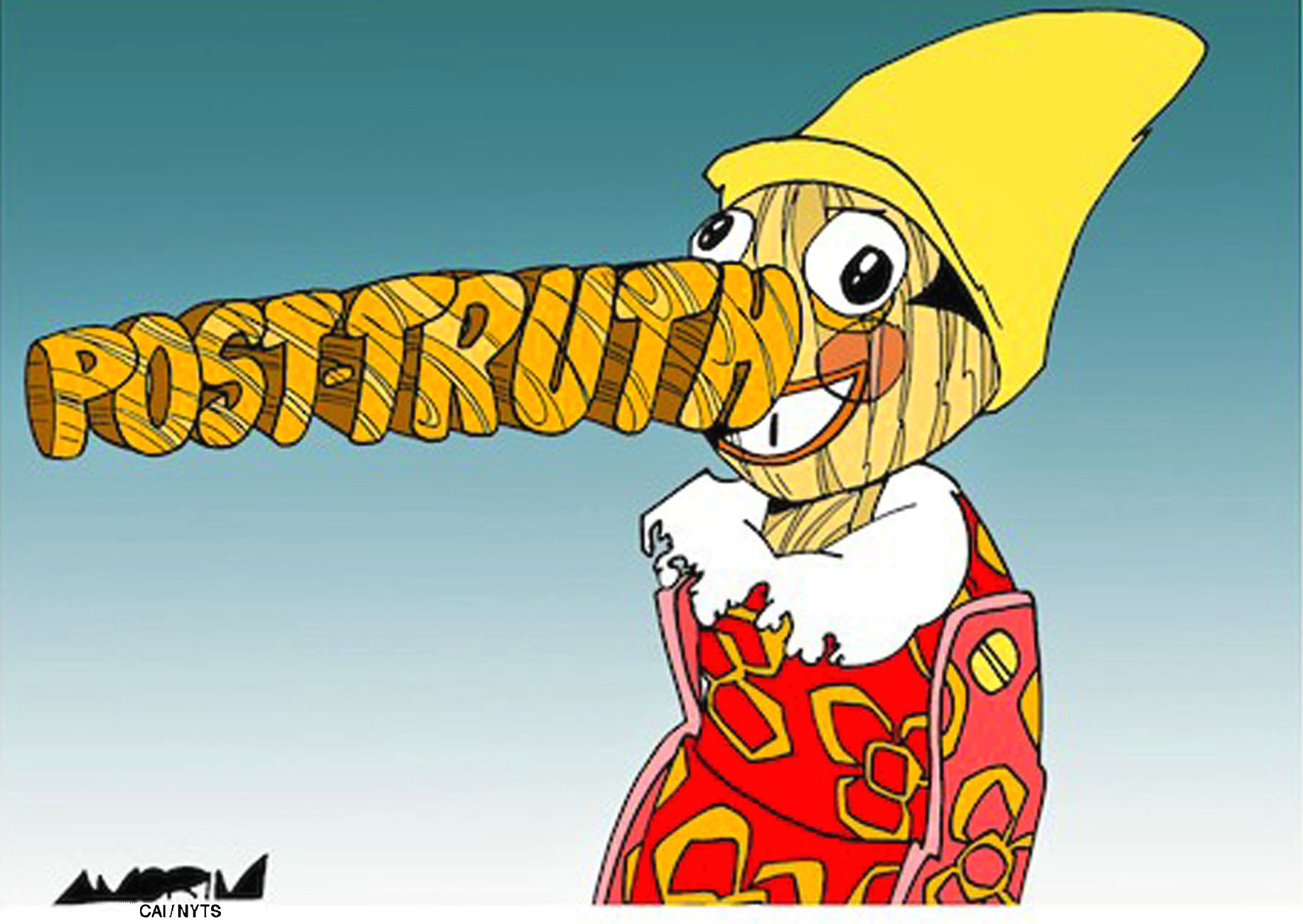It cannot be a sign of social health that the number of tweets per day worldwide exploded from 5,000 in 2007 to 500 million six years later. And this might be related, by a few degrees of separation, to the fact that whereas in the 1992 presidential election more than one-third of America's 3,113 counties or their equivalents had a single-digit margin of victory, in the 2016 presidential election, fewer than 10 percent did. And to the fact that in 2016, 1,196 counties — about 2.5 times the average over the preceding 20 years — were decided by margins larger than 50 percent. All of which are perhaps related to rising skepticism, without scientific warrant, about the safety of vaccinations and genetically modified foods. And to the fact that newspaper subscriptions have declined about 38 percent in the last 20 years. And that between 1974 and 2016, the percentage of Americans who said they spent significant time with a neighbor declined from 30 percent to 19 percent.
These developments and others worry two of the virtuoso worriers at the Rand Corp., the research institution now celebrating its 70th birthday. Michael D. Rich, Rand's president, and his colleague Jennifer Kavanagh, are not feeling celebratory in their 255-page report "Truth Decay: An Initial Exploration of the Diminishing Role of Facts and Analysis in American Public Life." They suggest that the public's mental bandwidth is being stressed by today's torrent of information pouring from the internet, social media, cable television and talk radio, all of which might be producing — partly because the media's audience has difficulty sorting fact from opinions — a net subtraction from the public's stock of truth and trust.
The authors discern four trends inimical to fact-based discourse and policymaking: increasing disagreement about facts and the interpretation of them (e.g., "The fact that immigrants are actually less likely to commit crimes than people born in the United States"); the blurring of the line between fact and opinion; the increasing quantity of opinion relative to facts; and declining trust in formerly respected sources of factual information. The volume and velocity of the information flow, combined with the new ability to curate a la carte information menus, erode society's assumption of a shared set of facts. They also deepen the human proclivity for "confirmation bias" and "motivated reasoning" — people inhabiting information silos, seeking and receiving only congenial facts.



















With your current subscription plan you can comment on stories. However, before writing your first comment, please create a display name in the Profile section of your subscriber account page.